
Naditop 1% Cream
Manufacturer
Godetia Healthcare
Salt Composition
Nadifloxacin (1% w/w)
Key Information
Short Description
Naditop 1% Cream is an antibiotic that helps in the treatment of bacterial skin infections by stopping the further growth of the causative microorganisms.
Dosage Form
Cream
Introduction
Naditop 1% Cream is for external use only. You should use it in the dose and duration as advised by your doctor. The affected area should be clean and dry before application of the ointment. You must wash your hands thoroughly before and after applying this medicine. Some common side effects include burning sensation, irritation, itching, and redness at the site of application. Please consult your doctor if these side effects persist for a longer duration. Do not use it in the eyes, mouth, or nose as it may irritate. If accidental exposure occurs, rinse immediately with plenty of water.
Directions for Use
This medicine is for external use only. Use it in the dose and duration as advised by your doctor. Check the label for directions before use. Clean and dry the affected area and apply the cream. Wash your hands after applying unless hands are the affected area.
Safety Information
Side Effects
It may cause temporary burning, itching, or redness at the application site. This is usually mild. Consult your doctor if you experience a more severe reaction.
Breastfeeding Warning
Naditop 1% Cream is probably unsafe to use during breastfeeding. Limited human data suggests that the drug may pass into the breastmilk and harm the baby.
Pregnancy Warning
Naditop 1% Cream may be unsafe to use during pregnancy. Although there are limited studies in humans, animal studies have shown harmful effects on the developing baby. Your doctor will weigh the benefits and any potential risks before prescribing it to you. Please consult your doctor.
Interacting Medicines
Rasagiline Selegiline Tizanidine Strontium Chloride
How it works
Naditop 1% Cream is an antibiotic. It kills the bacteria that cause skin infections by preventing the bacterial cells from dividing and repairing.
Quick Tips
Don't use it more often or for longer than advised by your doctor. Inform your doctor if your skin problem hasn't improved after seven days of treatment. Don't apply it to broken skin and take care to avoid getting it in your eyes, nose, or mouth. Don't cover the area being treated with airtight dressings such as bandages unless directed by a doctor as this may increase the risk of side effects.
Related Medicines
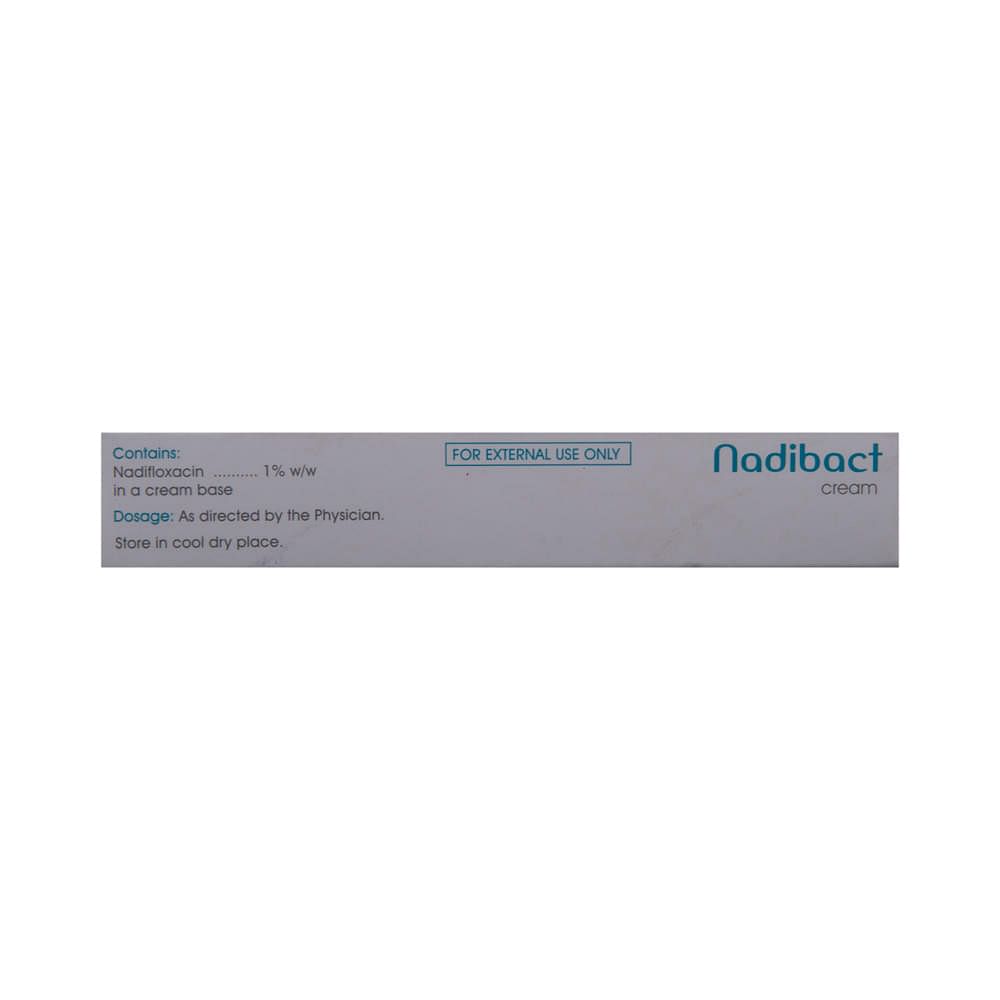
Nadibact Cream
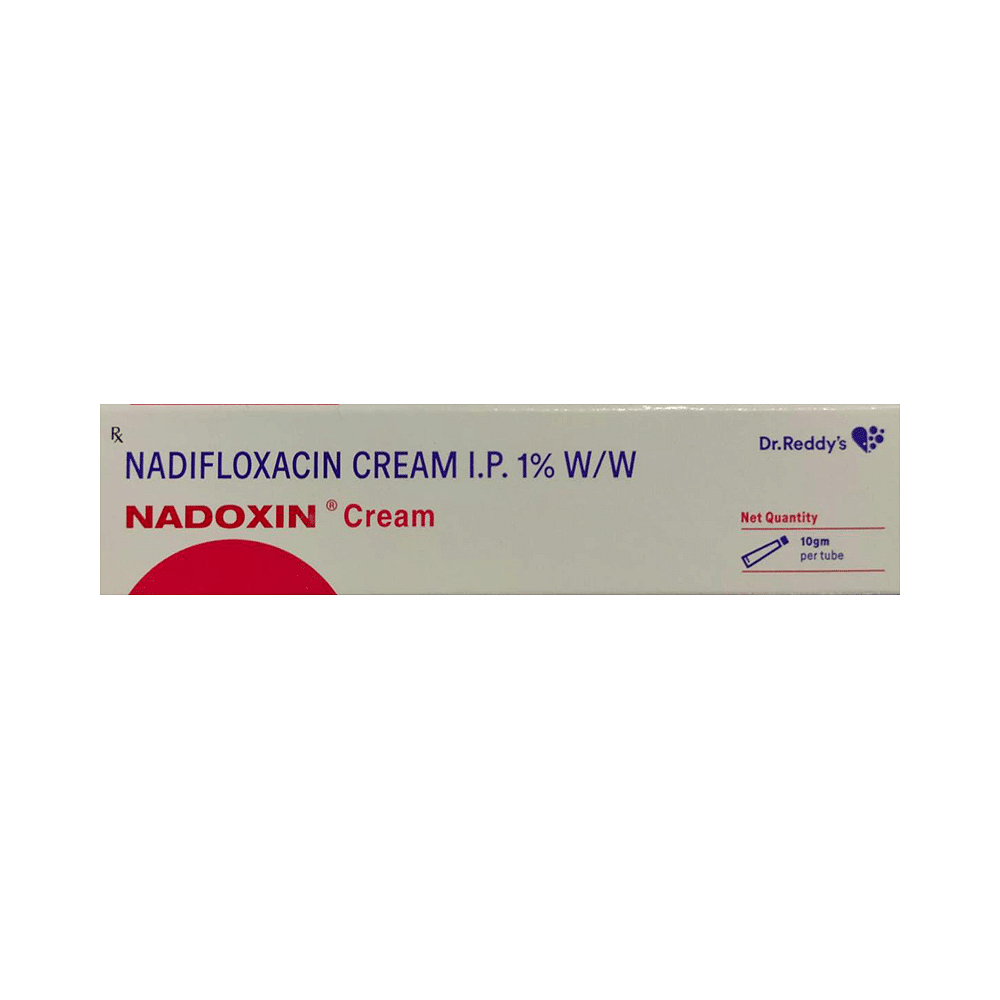
Nadoxin Cream
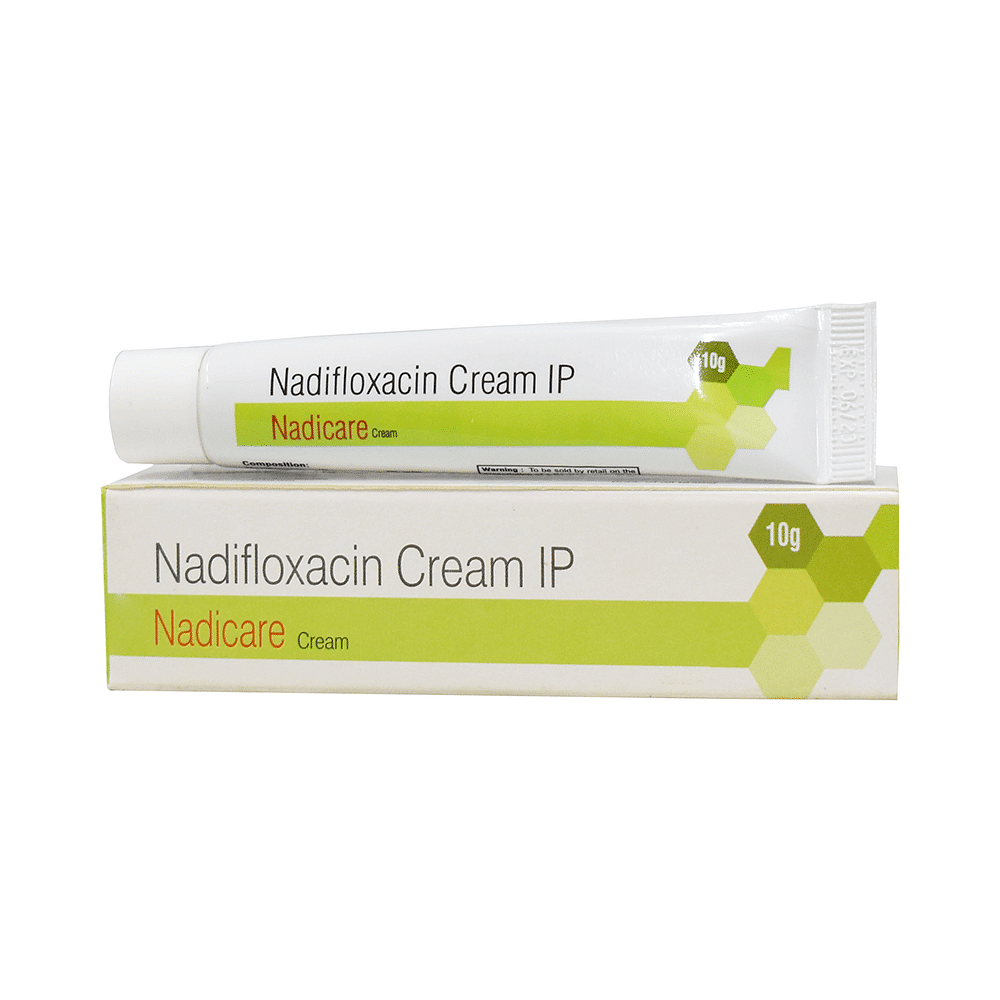
Nadicare Cream
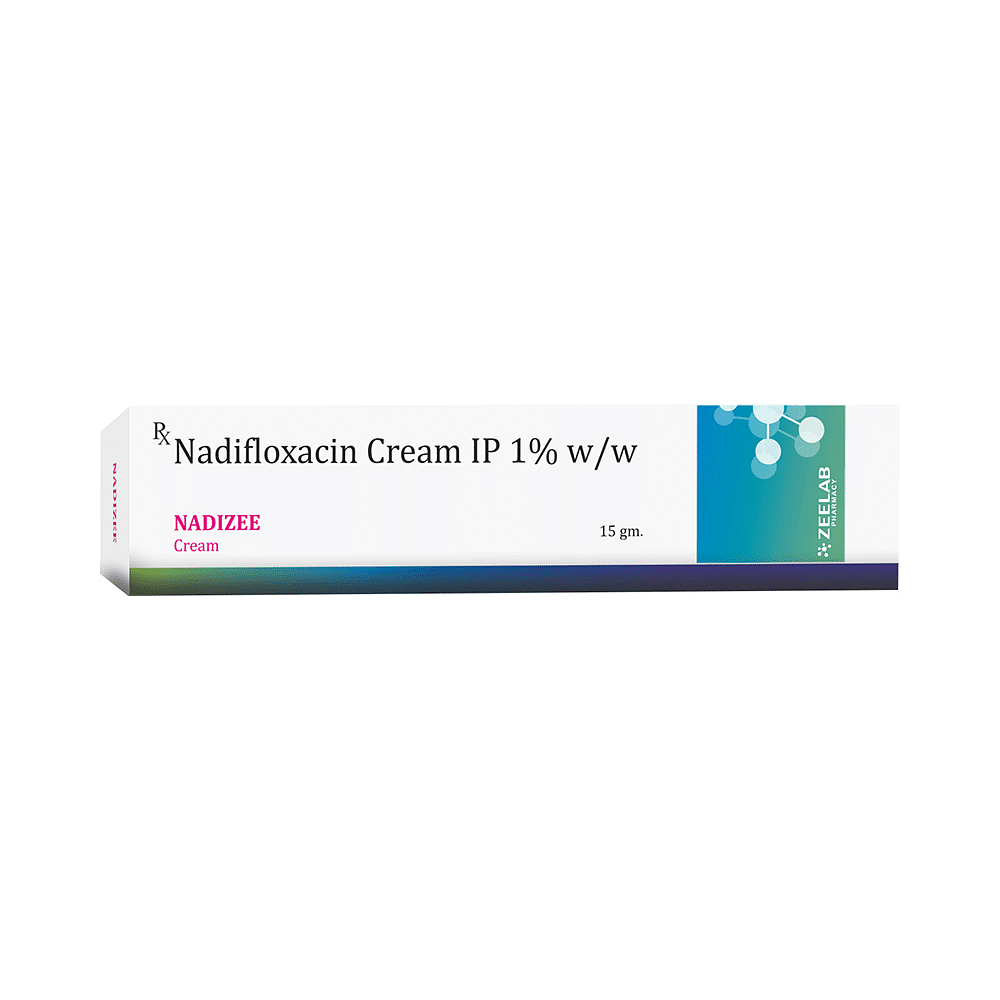
Nadizee Cream

Nadimycin Cream

Nadibest 1% Cream
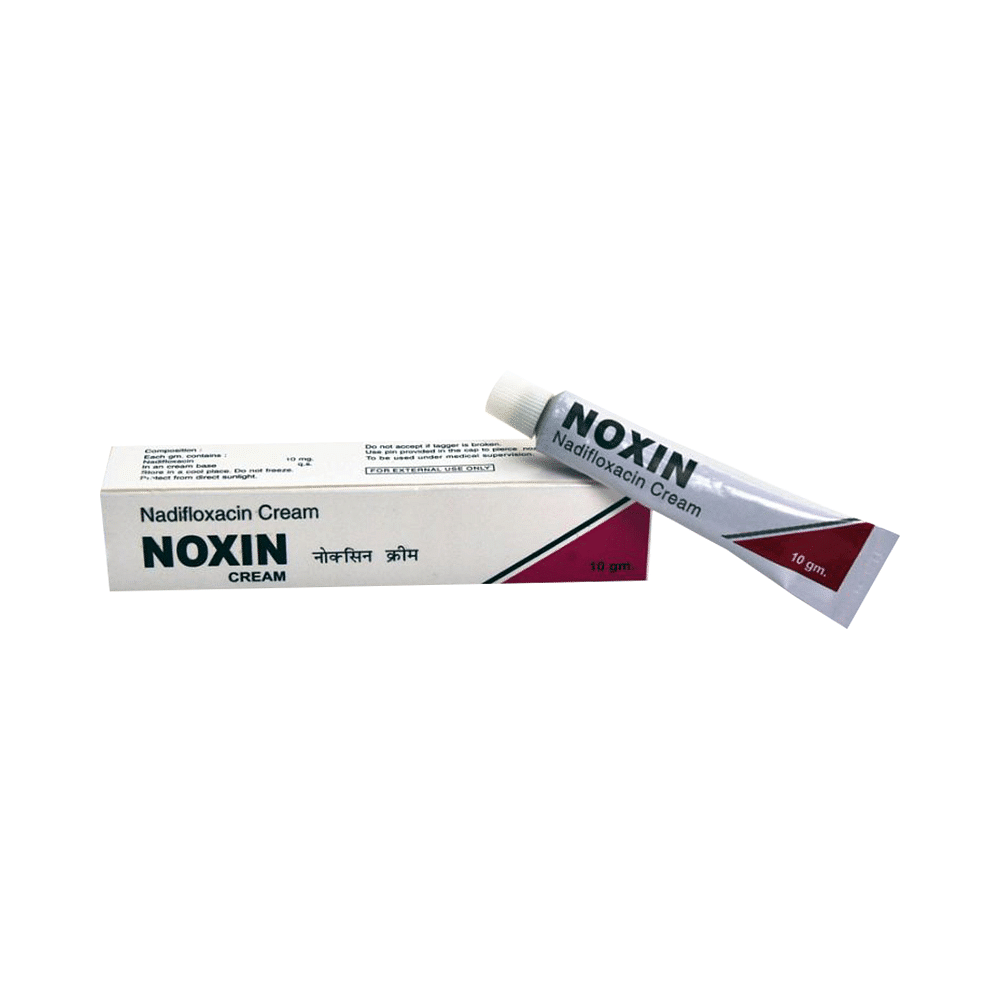
Noxin Cream

Nadiskin Cream

Nadimin Skin Cream

Nadix 1% Cream
Frequently asked questions
How do I use Naditop 1% Cream?
To use Naditop 1% Cream effectively, first clean and dry the affected area. Then, gently massage the cream into your skin thoroughly. Be cautious not to get the medication in your eyes or mouth. If you accidentally get it in your eyes, rinse with plenty of water and consult your doctor if irritation persists.
Is Naditop 1% Cream effective for treating acne?
Yes, Naditop 1% Cream is a safe and well-tolerated option for managing acne. Use it as directed by your healthcare provider to achieve the best results.
What precautions should I take while using Naditop 1% Cream?
To ensure safety, avoid getting Naditop 1% Cream in your eyes or mouth. If this occurs, rinse with water and consult your doctor. Do not use the cream if you're allergic to it or any of its ingredients. Inform your healthcare provider about any medications you regularly take to prevent potential interactions. Avoid covering the treated area with a bandage as it may increase absorption and side effects. Only use the recommended dosage, as excessive use can lead to increased side effects. If you're planning to conceive, inform your doctor. Pregnant or breastfeeding mothers should only use Naditop 1% Cream under their healthcare provider's guidance.
What if I forget to apply Naditop 1% Cream?
If you forget to use Naditop 1% Cream, do not worry. Continue using it as soon as you remember, and consult your doctor if you have any doubts or concerns.
Is Naditop 1% Cream safe to use?
Naditop 1% Cream is considered safe when used in the recommended dose and duration advised by your healthcare provider. Follow their instructions carefully, and inform them if you experience any side effects that bother you.
Can I stop using Naditop 1% Cream once I feel better?
No, do not discontinue using Naditop 1% Cream without consulting your doctor even if you're experiencing improvement in your symptoms. Continue treatment for the prescribed duration to ensure complete recovery and prevent symptom recurrence or worsening.
Is Naditop 1% Cream effective?
Naditop 1% Cream is effective when used as directed by your healthcare provider. Do not stop using it even if you notice improvement in your condition, as this may lead to symptom recurrence or worsening.


